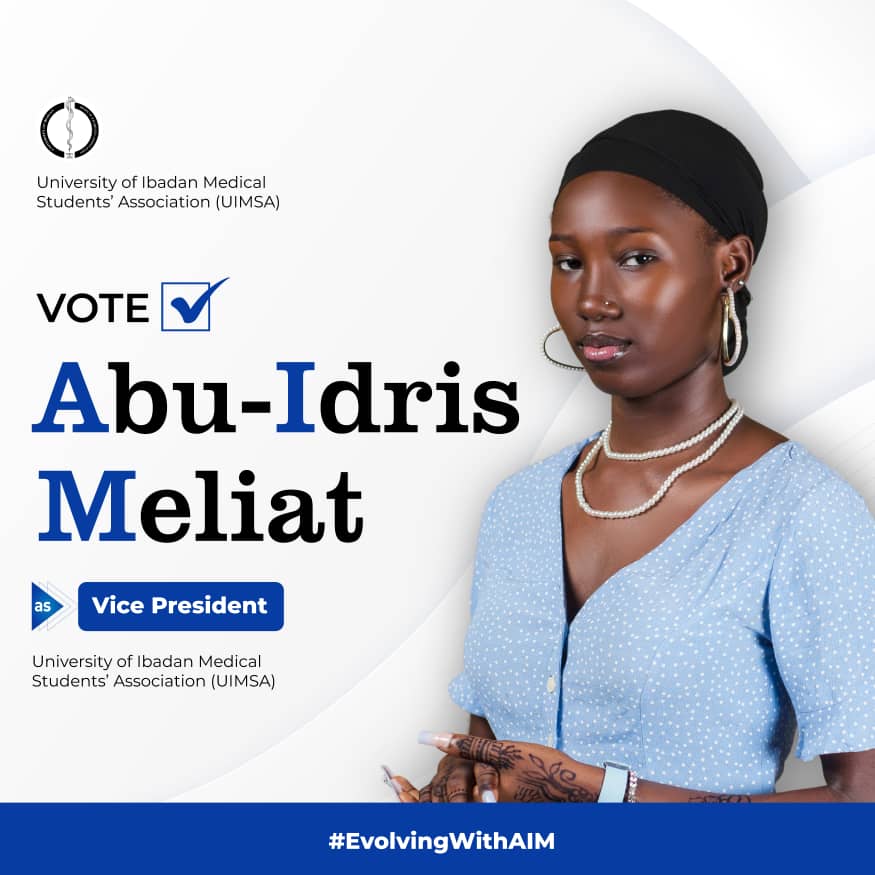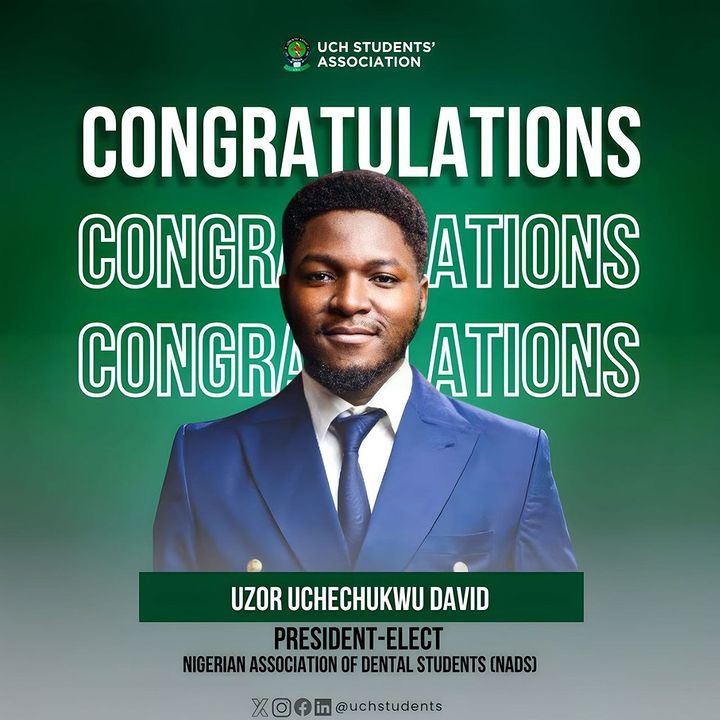Political Participation in UI: Through the Lens of Sophomores


Election season is hard to miss, with campaigns, rallies, door-to-door outreaches, and fliers filling every visible surface. It makes one wonder whether students care and if enough of us actually stop to scrutinise the content of those posters. On the other hand, why do some students think it their duty to work for their peers? Maybe you’re interested and you believe people notice the things that happen. Or maybe you’re a politician, uncaring of this fact. In this article, we delve into the political interest and engagement of second-year students based on their first-year experiences.
A survey conducted among second-year students by the Press revealed diverse opinions and varying levels of engagement in student politics. Over 70 percent of the respondents have never contested in a student election while roughly the same number had participated in electoral processes by voting. This shows a clear interest in political matters which is likely to improve as they spend more years and get used to the system.
On perceptions of student politics, this varies considerably. At one extreme is pure apathy, with a few students outrightly stating their disinterest, some labelling student politics a “waste of time”. About 1 in 8 students believe student politics is useless. At the other end are students who recognize and commend the dedication of student leaders and the usefulness of the system in developing leadership skills.
In-between is a spectrum of opinions. Here, there’s skepticism as to whether student leaders care or just seek a bloated resume. Many doubt these leaders desire for change or personal gain. However, some see promise in the system and admit their perspectives have shifted positively over the past year. While most interviewed students reported minimal to significant changes in their views on Student Union activities, there is a notable dissatisfaction with the habits of politicians, who tend to peak in engagement around elections and then default later on.
Contrary to what might be expected, the majority of students stated that their demanding studies do not hinder their political engagement. It is observed, however, that students are more interested in their departmental associations, finding these more relevant and closer to them.
Regarding the efficiency of student leaders, opinions are mixed, but lean towards the positive side. Considering the limited power of student associations, most students believe they do what they can, albeit not their best. Notably, several students feel that student leaders have inspired change. As regards personal inspiration to act, few feel unmotivated.
Perhaps they haven’t seen enough, or maybe they’ve had enough. While direct participation in campus politics is low, interest and awareness of political issues seem relatively high. The second-years have had their first taste of the system and may or may not be looking forward to more. The rallies continue, and so do the fliers on the walls. We wait to see what changes in the coming year.
Rodiyah Khidir



